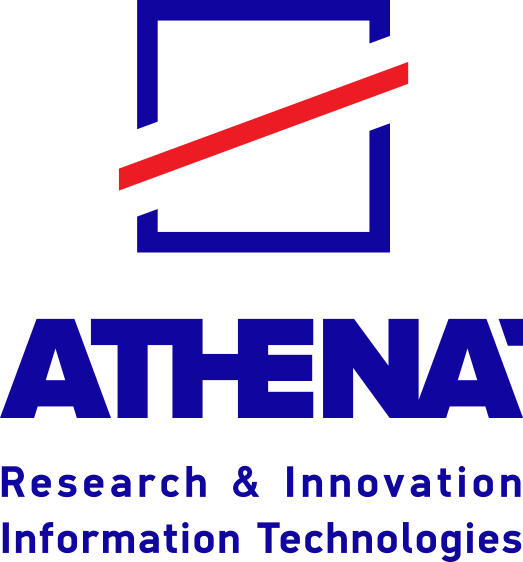Εκ μέρους της κ. Γιούλη σας προωθούμε την ακόλουθη ανακοίνωση.
---------- Forwarded message ---------
From: Paraskevi Giouli <This email address is being protected from spambots. You need JavaScript enabled to view it.>
Date: Wed, Jan 24, 2024 at 9:06 AM
Subject: Ομιλία Prof. Agata Savary 26/01/2024 - αίθουσα Zampolli
To: all-ILSP <This email address is being protected from spambots. You need JavaScript enabled to view it.>
Αγαπητοί Συνάδελφοι,
Με χαρά σας προσκαλούμε στην ομιλία της Prof. Agata Savary, καθηγήτριας στο Παν/μιο Paris-Saclay στη Γαλλία, την Παρασκευή 26/01/2024 στις 13:00 στην αίθουσα Zampolli (Κτήριο Αρτέμιδος 6 & Επιδαύρου). Ακολουθούν σύντομη περιγραφή της παρουσίασης καθώς επίσης και σύντομο βιογραφικό της ομιλήτριας.
Title: Automatic identification of multiword expressions - recent progress and perspectives
Abstract:
Multiword expressions, like "all of a sudden", a "hot dog", or to "pull one's leg", are combinations of words which exhibit idiosyncratic behavior on the lexical, morphological, syntactic, semantic, pragmatic and/or statistical levels. Their semantic non-compositionality is their most outstanding feature and can pose severe challenges in semantically-oriented NLP tasks.
One of the ways to tackle this challenge is to identify MWEs in running text before applying dedicated treatment to them.
MWE identification has been the object of many efforts, notably within the PARSEME shared tasks on automatic identification of verbal MWEs. I will summarize major findings from these shared tasks and highlight the particular properties of MWEs which make their identification particularly challenging, even with deep learning methods.
I will also touch upon the latest challenges and opportunities from MWE processing applied to more generic NLP tasks such as neural machine translation or interpretation of neural models.
Short CV:
Agata Savary is a professor of computer science at the University of Paris-Saclay in France. She graduated from the University of Warsaw (Poland) in 1995 and holds a PhD from the University of Paris Est Marne La Vallée (France). Her main research interest is modelling and processing of idiomaticity, in particular in cross-linguistically unified ways. She served as the chair of PARSEME, a COST action of Parsing and Multiword Expressions. She was an elected representative of the Multiword Expressions section of SIGLEX (Special Interest Group on the Lexicon) and a co-founder and co-editor-in-chief of the PMWE book series (Phraseology and Multiword Expressions).
Currently she chairs another COST action, UniDive (Universality Diversity and Idiosyncrasy in Language Technology).
Ακολουθεί ο σύνδεσμος για να παρακολουθήσετε την ομιλία μέσω MS Teams.
Ευχαριστώ,
Βούλα Γιούλη
---------------------------------------------------------------------
Voula Giouli, PhD
Computational Linguist
Research Associate
Institute for Language & Speech Processing, Athena RIC
Artemidos 6 & Epidavrou
15125, Maroussi, Greece
Tel.: +2106875448 (direct), 2106875300 (operator)
http://www.ilsp.gr
Skype: vgiouli1
________________________________________________________________________________
Microsoft Teams meeting
Meeting ID: 369 298 894 780 Passcode: ZuqjuR
________________________________________________________________________________













